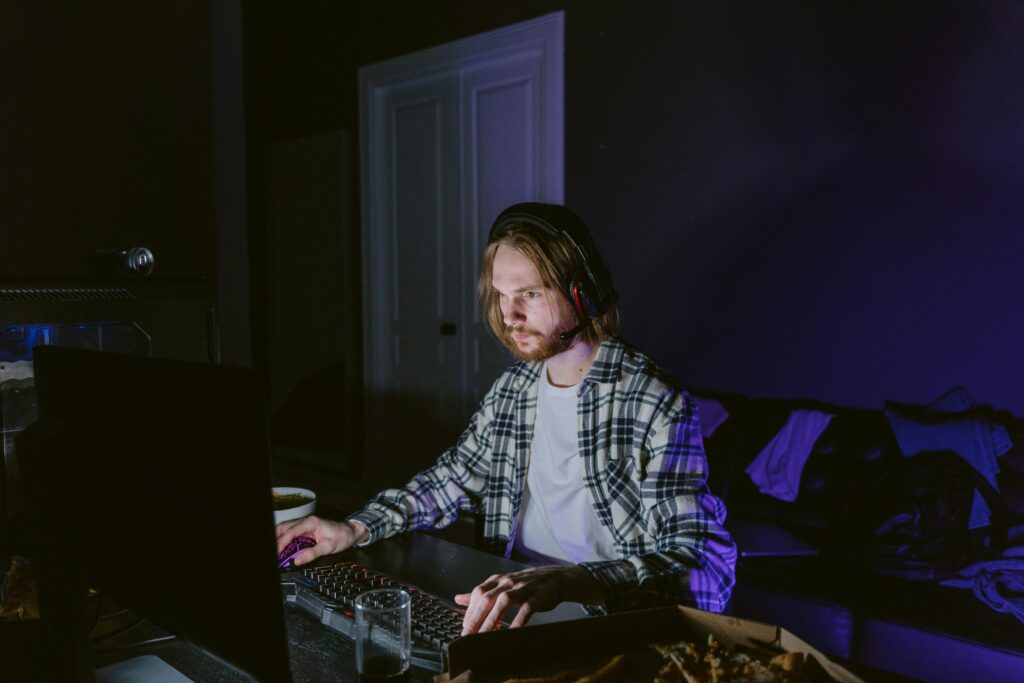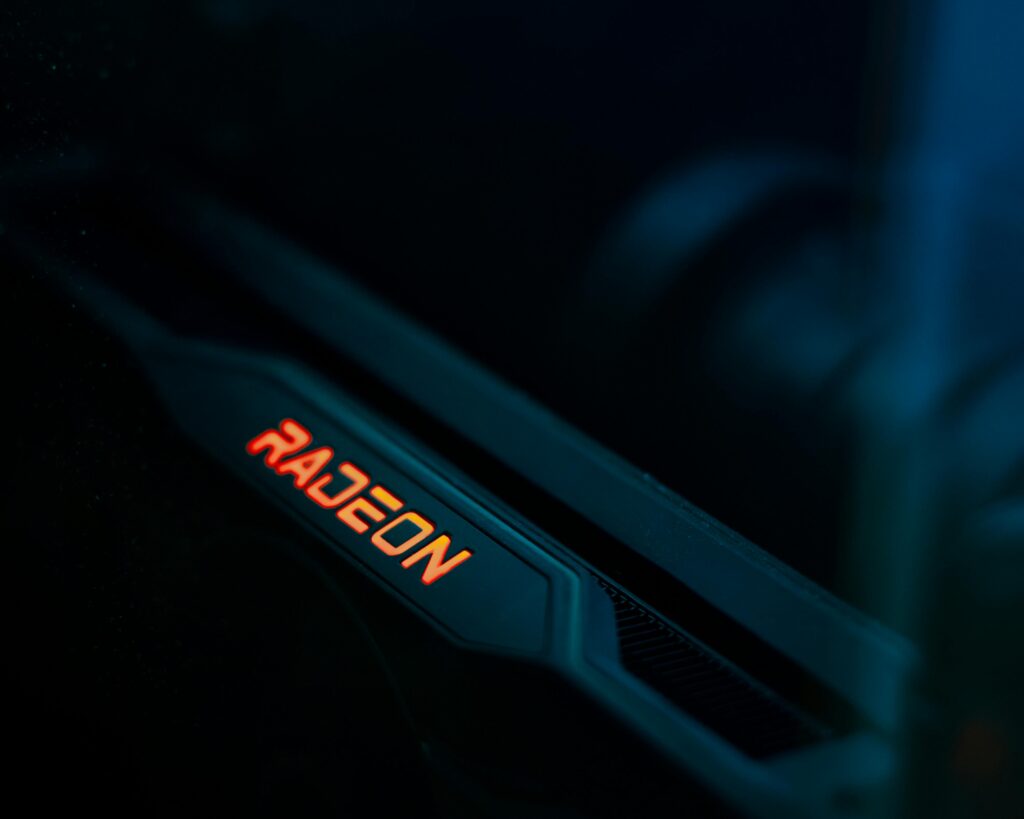Game development is a rich, multidisciplinary craft. Whether you’re starting out or deep into your tenth project, having access to the quality resources below can streamline your process, sharpen your skills, and help you deliver polished results.
Game Engines & Frameworks
The engine you choose often defines what you can realistically build and how efficiently:
-
Unity: Very popular for both 2D and 3D, with a huge ecosystem and asset store.
-
Unreal Engine: Known for high-fidelity visuals and powerful tools; Blueprints plus C++ support.
-
Godot: Open-source, lightweight, with its custom scripting (GDScript) and growing community.
-
GameMaker Studio: Excellent for 2D; allows drag-and-drop and scripted options.
-
MonoGame / LibGDX / Phaser / Cocos2d: Good choices for developers who prefer more hands-on, code-centric frameworks.
Trying small prototypes on multiple engines is often the fastest way to decide which fits your workflow best.
Asset Libraries & Marketplaces
Unless your team is huge, you’ll likely use prebuilt assets (or modify them):
-
Unity Asset Store (for Unity projects) and Unreal Marketplace (for Unreal)
-
Kenney Assets — free 2D/3D assets, good for prototyping
-
OpenGameArt.org — community-driven library of sprites, tilesets, music, etc.
-
itch.io Assets — many indie creators sell or share assets
-
Quixel Megascans / Substance Source — for high quality 3D textures (especially in Unreal)
When using assets, always check licenses (commercial, attribution, etc.).
Learning Platforms & Tutorials
Game development spans programming, art, design, audio—and you’ll often need guidance in each area:
-
Udemy, Coursera, Pluralsight — structured courses for Unity, Unreal, shaders, etc.
-
YouTube Channels:
-
Brackeys (Unity)
-
Unreal Engine official tutorials
-
GDQuest (Godot)
-
-
GDC Vault — conference talks covering design, business, tech
-
GameDev.net, Stack Exchange (GameDev) — community Q&A, articles
-
Blogs & Devlogs — blog posts by indie devs, postmortems
Mix theory with hands-on application: when you learn something, try applying it in a small project immediately.
Collaboration & Project Management Tools
Game dev is rarely solitary (even for indie devs). Organization matters:
-
GitHub / GitLab / Bitbucket — version control is essential
-
Trello / Asana / Jira — task boards, issue tracking
-
Notion / Confluence — documentation, design specs, style guides
-
Discord / Slack / Microsoft Teams — communication, file sharing, coordination
-
Source control for assets (e.g. Git LFS, Perforce) — for large binary files
A clear workflow (branching, reviews, builds) saves huge headaches later.
Audio & Sound Tools
Sound and music distinguish an average game from an immersive experience:
-
Freesound.org — free sound effects
-
Bfxr / sfxr — simple tools for retro / procedural sound
-
Incompetech / Free Music Archive — royalty-free music
-
FMOD / Wwise — professional audio middleware, adaptive audio support
-
Audacity / Reaper / Ableton / FL Studio — DAWs to create or edit audio
Having even a modest audio pipeline (clean effects, ambient loops, music) makes a big difference.
Communities, Feedback & Networking
Getting feedback, finding collaborators, and staying motivated all come from community:
-
Reddit – r/gamedev, r/IndieDev
-
TIGSource Forums — classic place for devlogs, collaboration
-
Discord Servers — engine-specific or genre-specific communities
-
Local Meetups & Game Jams — meet people in person, exchange ideas
-
Itch.io Jams / Ludum Dare / Global Game Jam — time-limited creation challenges
Many developers find their “tribe” here, and some collaborations begin in forums or jams.
Practice via Game Jams & Small Projects
The best learning comes from doing:
-
Ludum Dare, Global Game Jam, itch.io Jams
-
Set yourself constraints: theme, time limit, limited art & code scope
-
Try recreating classic mechanics (Tetris, platformer, Breakout) just to internalize core loops
You’ll make mistakes and fail fast—and that’s how you improve.
Books & Deeper Reads
Reading helps you see patterns and avoid mistakes others made:
-
The Art of Game Design by Jesse Schell — core design principles
-
Game Programming Patterns by Robert Nystrom — useful software architecture ideas
-
Blood, Sweat, and Pixels by Jason Schreier — behind-the-scenes of game dev
-
Level Up! by Scott Rogers — practical design and prototyping
Mix reading with doing.
Bonus: Growing a Game / Channel Presence
If your game has a public presence (e.g. dev blog, YouTube, playtest builds), you’ll want to learn from content and marketing practices. For example, here’s a guide on how to build a successful gaming channel: https://playinsightsquad.com/how-to-build-a-successful-gaming-channel/
That kind of resource helps you understand audience growth, content strategies, and community building from a creator’s perspective.



